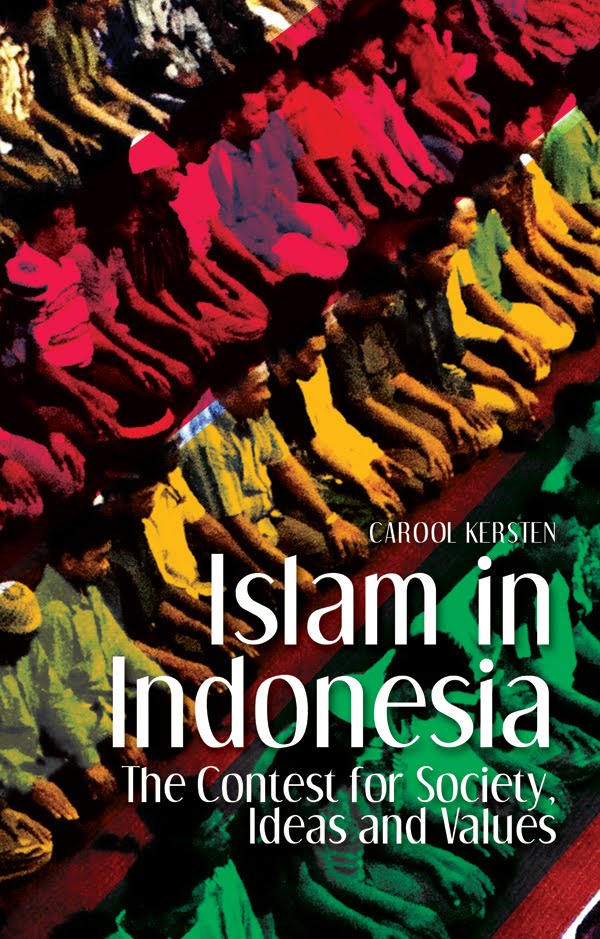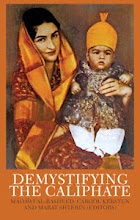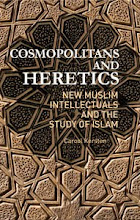This article was written for the Middle-East Asia Project (MAP) of the Middle East Instite (MEI) in Washington DC:
Religious pluralism has been under
threat and sectarianism on the rise during the ten-year (2004-2014)
tenure of outgoing president Susilo Bambang Yudhoyono (also known as
SBY). During his two terms in office, Indonesia has seen rising
tensions both between and within religious groups, increasing religious
intolerance, and more cases of religiously inspired violence. This
antagonistic climate has led to the closure and burning of churches, the
displacement of Shi‘i communities, physical violence against civil
society activists campaigning for religious pluralism, and even the
lynching of Ahmadis. Colluding local and regional authorities not only
undermine the rule of law by failing to prosecute the perpetrators, but
even seek to “resolve” tensions caused by the presence of minority
groups by condoning—and sometimes stimulating—intimidation and hate
crimes against them.
 |
| Outgoing Indonesian President Susilo Bambang Yudhoyono |
These apparently domestic issues have wider significance for three
reasons. First, in addition to being the largest Muslim nation-state in
the world and a regional heavyweight in Southeast Asia, Indonesia also
has the potential to become a global force on par with countries such as
Russia and Brazil; second, its strategic location in an area where the
United States, Chinese, and Indian interests meet makes it an important
factor in the repositioning of a future world order, and finally, fifteen years of experience with a democratization process
demonstrates that shaping a democratic political system for a pluralist
society is hard work that must involve both institutional reform and
the formation of a civil society capable of facilitating peaceful
coexistence among diverse members of a multi-ethnic and multi-religious
population. As a self-proclaimed “natural bridge” between the Muslim
world, Asia, and the West,
Indonesia offers a cautionary lesson for other Muslim countries
planning alternative political trajectories in the aftermath of regime
change.
To read the full article click on the image below
Click on the image to read the full article








